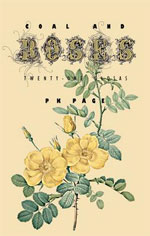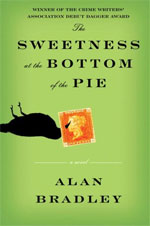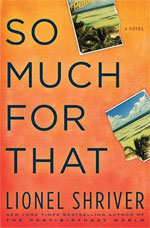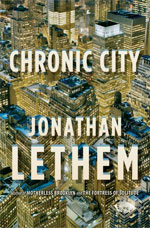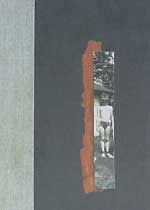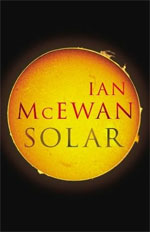
The poems of The Certainty Dream by Kate Hall all have that clear-eyed, precise and utterly wacky conviction about what is right according to the opaque, hilarious and sometimes terrifying logic of dreams. This conviction (certainty, indeed) permeates almost every poem in this strong first collection, but “This is a Dream Letter” is an especially haunting standout.
Bird and flight imagery also pervades much of the work here, just as the inexplicable but perfectly logical ability to fly often shows up in many dreams. However, Hall’s birds are not always soaring and trilling sweet songs. As well, the bird imagery is sometimes slyly and perhaps menacingly counterbalanced by cat imagery. The Certainty Dream’s inclusion in the 2010 Griffin Poetry Prize Canadian shortlist was both charmed and deserving. It was charmed in that Hall shared the shortlist with the late PK Page, who was an early mentor as Hall embarked on what will undoubtedly be a notable literary career … and charmed as well because she shared it with Karen Solie, this year’s Canadian winner who previously appeared on the Griffin shortlist with a lauded and memorable debut collection. And yes, the inclusion is deserving, because The Certainty Dream is singular and assured and explores intriguing territory, as summed up in the Griffin judges’ citation:“As the dream world and the waking world blur, the body and the dimensions it inhabits become a series of overlapping circles, all acting as containers for both knowledge and uncertainty. At times disarmingly plainspoken, at others, singing with lyric possibility, these poems make huge associative leaps.”
Perhaps this snippet from “Suspended in the Space of Reason: A Short Thesis” suggests that Hall intends to hone further her creative acuity and demand much of herself as she embarks on her particular literary journey:
Bats basically screamuntil they hear their voices
echo off bugs and trees. Then they know
where they are and exactly what and how large
the thing is they are hunting.
…
Yesterday I yelled at myself and
nothing came back at all.



